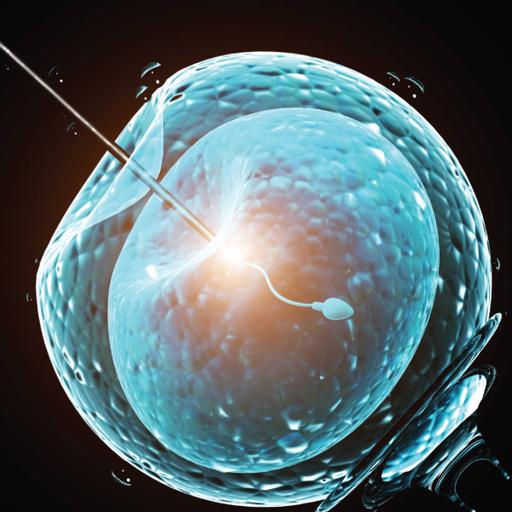Cell Cloning
Presentations | English
"Cloning is a technique scientists use to create exact genetic replicas of genes, cells, or animals. Cell cloning is the process of producing a group of cells that are genetically identical (clones) to a single ancestral cell. To make a clone, scientists transfer the DNA from an animal's somatic cell into an egg cell that has had its nucleus and DNA removed. The egg develops into an embryo that contains the same genes as the cell donor. Then the embryo is implanted into an adult female's uterus to grow. Cloning them could help scientists research how diseases progress. To develop new medicines for humans, scientists use animals that are as identical as possible. Gene cloning produces copies of genes or segments of DNA. Reproductive cloning produces copies of whole animals. Therapeutic cloning produces embryonic stem cells for experiments aimed at creating tissues to replace injured or diseased tissues."

Free
PPTX (66 Slides)
Cell Cloning
Presentations | English
